Subaru BRZ Concept Race Car Testing Synthetic Carbon-Neutral Fuels
Subaru BRZ Concept Race Car Testing Synthetic Carbon-Neutral Fuels
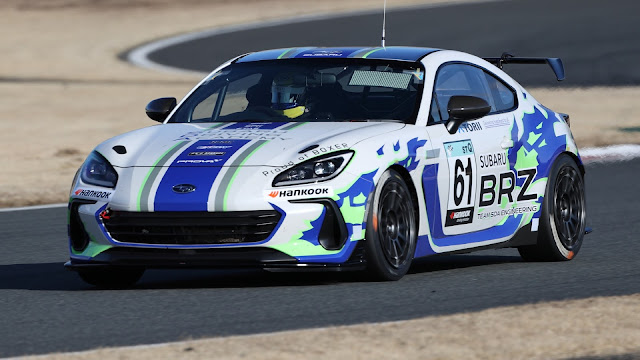 |
| Subaru BRZ Concept Race Car Testing Synthetic Carbon-Neutral Fuels |
A few automakers from Japan and from everywhere the world have gone to engineered energizes in a journey to keep gas powered motors alive in the zero-emanation period, with Subaru being among them. The Japanese organization reported its interest in the Super Taikyu Series 2022 in Japan with an uncommonly adjusted BRZ utilizing carbon-impartial fuel.
Motorsports is the best field to test new advances. Accordingly, the Subaru BRZ CNF Concept by Team SDA Engineering will join the framework in Suzuka on March 19 and 20. As per Subaru, in excess of 100 architects from its Technology Headquarters took part in the advancement of the innovation in the vehicle which will be utilized for testing and preparing purposes.
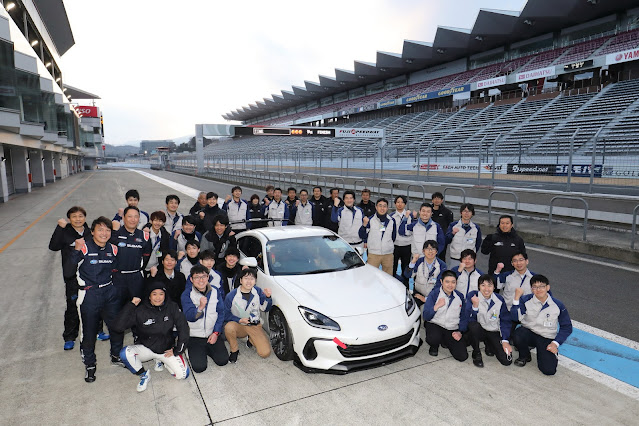 |
| Subaru BRZ Concept Race Car Testing Synthetic Carbon-Neutral Fuels |
To be viable with the new fuel, the driving force of the Subaru BRZ CNF Concept got minor adjustments. Different changes incorporate the expansion of a roll confine and other wellbeing hardware that is expected for hustling. At last, the extraordinary attire is utilizing blue - representing the enthusiasm of Subaru engineers - and green - representing the carbon-nonpartisan fuel - on a white body with dashing stickers.
The carbon-nonpartisan fuel is produced using carbon dioxide, hydrogen, and non-eatable biomass. While the fuel utilized in the racecar isn't rigorously carbon-impartial as proposed by its name, it very well may be since its fixings can be made utilizing sustainable power while assembling and transportation could occur with zero outflows.
 |
| Subaru BRZ Concept Race Car Testing Synthetic Carbon-Neutral Fuels |
The fuel matches the Japanese Industrial Standards (JIS) for gas yet it will have near zero carbon dioxide discharges - like what Toyota is talking about its own test hydrogen-controlled engine. Such an answer would permit the gas powered motor to keep advancing while at the same time assisting the automaker with accomplishing the eagerly awaited carbon lack of bias.
Read also: Porsche 718 All-Electric Sports Car Announced For 2025

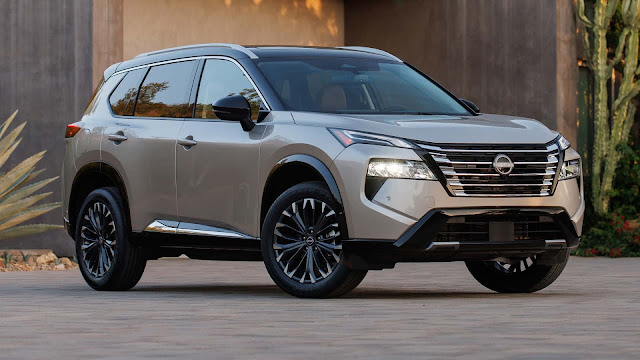






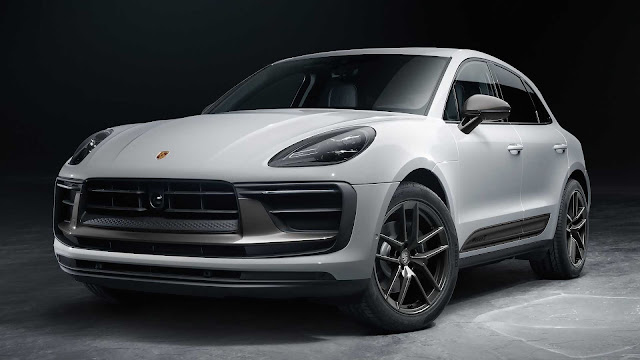
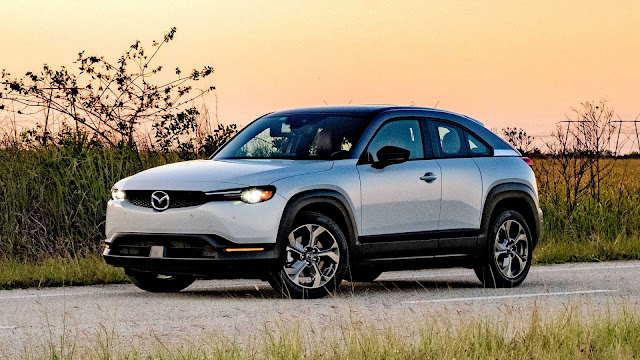
Comments
Post a Comment